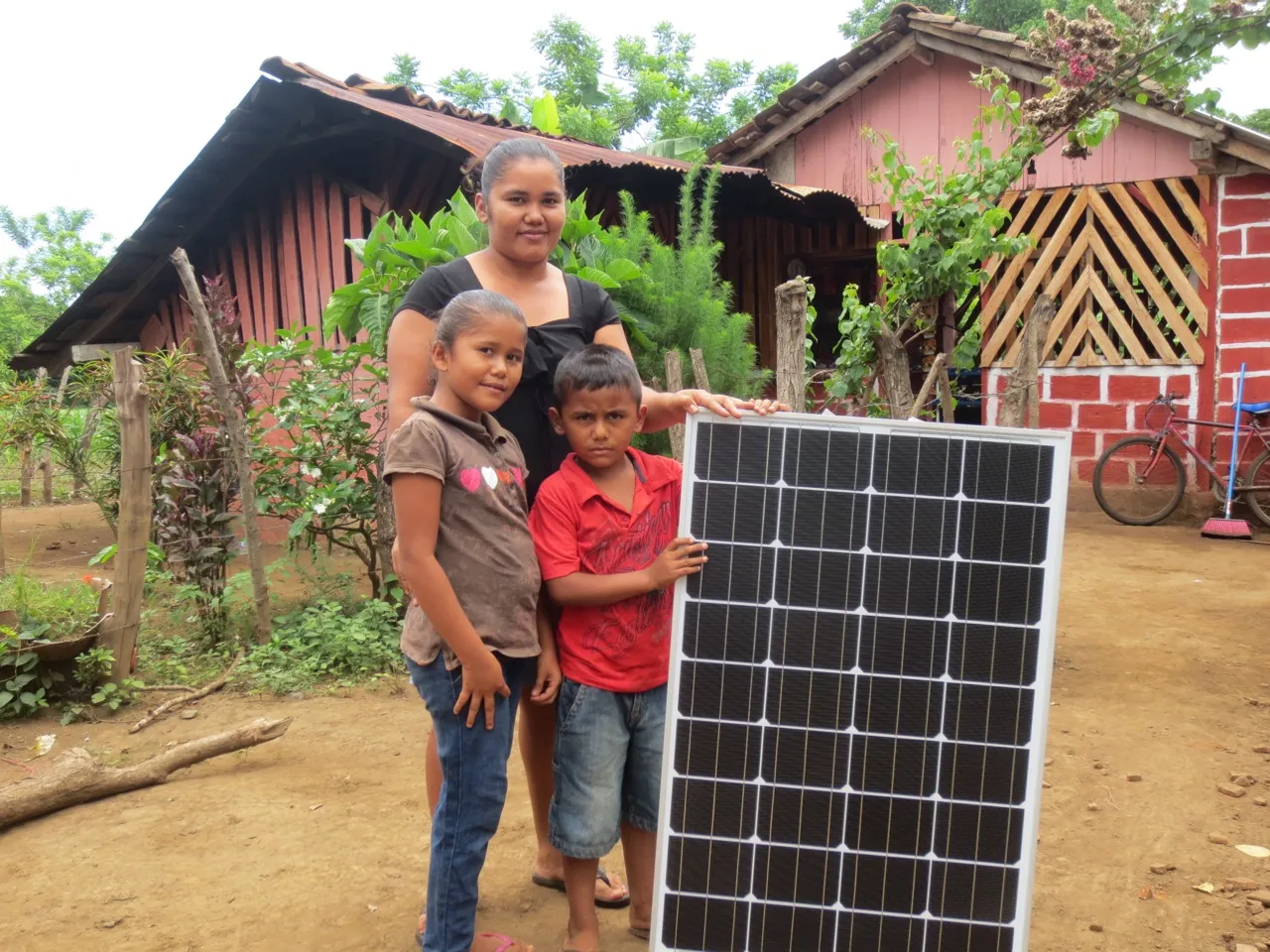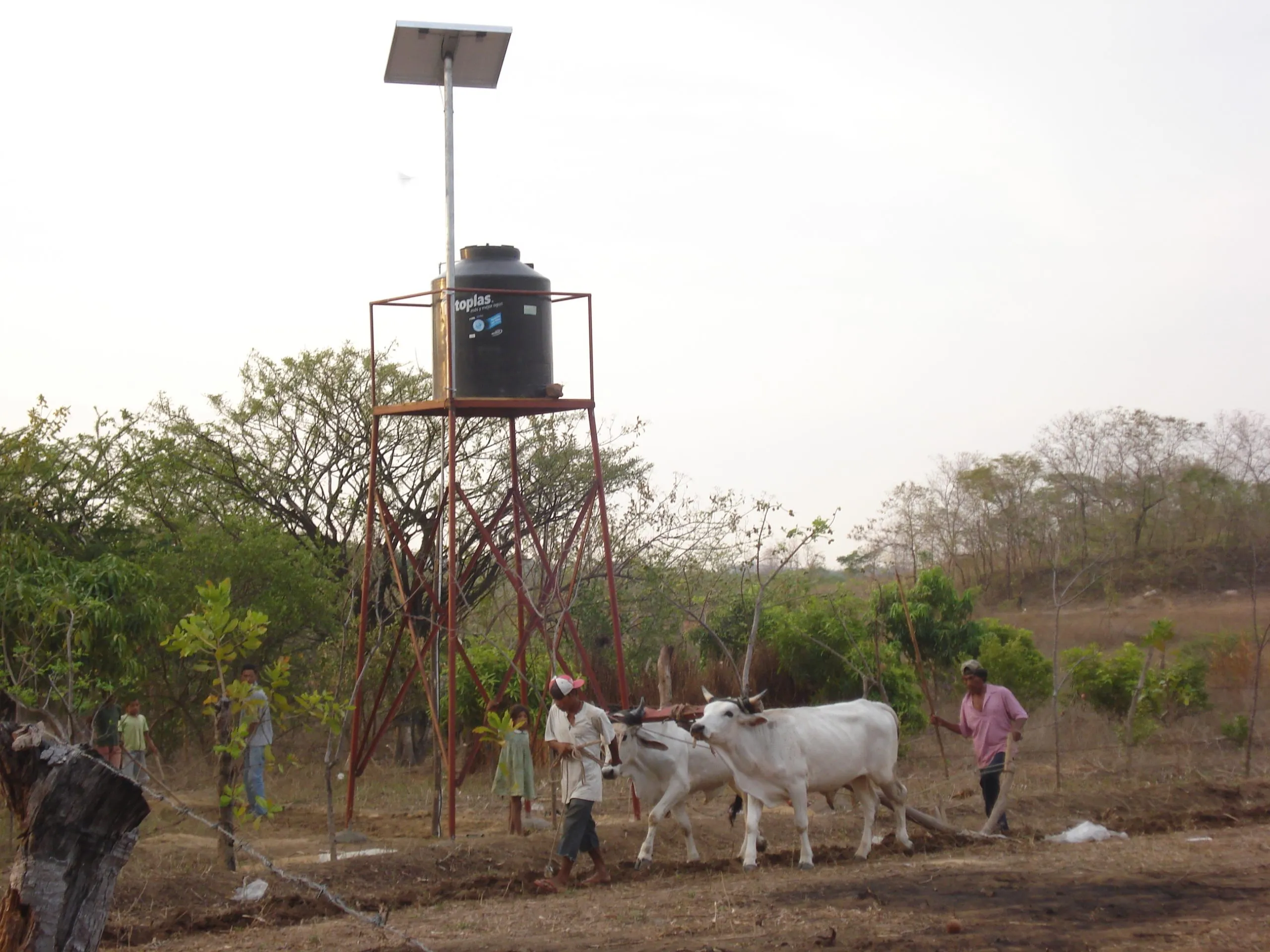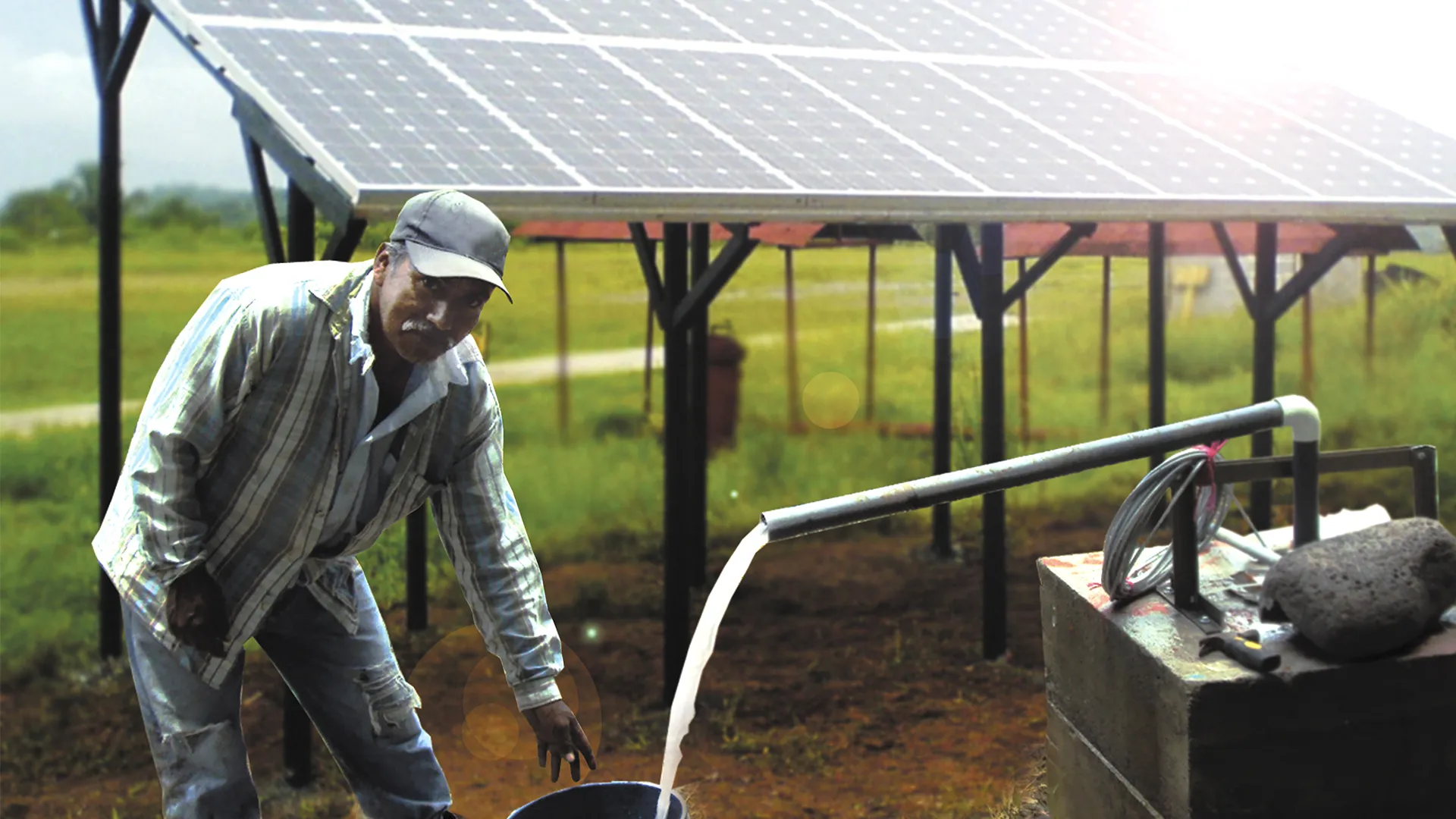- Projects & Programmes
- Renewable Energy Farming Solutions in Nicaragua: Tecnosol
Our Portfolio
Renewable Energy Farming Solutions in Nicaragua: Tecnosol
Nicaragua is an energy-poor and agriculture-dependent country. While the cattle and dairy sector is a dominating force among the country’s agricultural sectors, its productive output is remarkably low compared to that of neighbouring countries. Inefficient herding and farm management leads to hygiene issues, high loss of livestock and low production. Most small scale farmers lack access to modern energy. The sector is in dire need of productivity improvements to remain competitive in the region.
As part of Powering Agrifood Value Chains, Tecnosol, a pioneer for clean energy technologies in Nicaragua will be tapping into energy solutions that fulfil a range of needs of small farmers in off-grid areas, including manure-based biogasification, solar powered electric fencing units, solar water pumps and standalone solar PV units.
Image right: A solar-powered electric fencing system in Nicaragua (Credit: Tecnosol)

Background
Nicaragua is Central America’s poorest country, with about half the population of 5.68 million living on less than USD 1 per day, most of these in rural areas. According to the Central Bank of Nicaragua, the agricultural sector represents 20% of GDP and more than 60% of annual exports, while providing 30% of formal employment. As in many developing countries, the sector is dominated by small farmers, with three quarters of farmers owning less than 3.5 hectares.
Nicaraguan agricultural practices are highly inefficient. In the cattle livestock sector, which represents some 45% of the agricultural sector and is alone responsible for 10% of Nicaragua’s GDP, Nicaragua trails its neighbors in per- cow production, fertility and growth. Smallholder cattle farmers generally follow unproductive and environmentally deleterious short-term pasture strategies to compensate for limited grazing areas, often triggering deforestation and land degradation. Forest conversion to pasture land has accounted for some 97% of total CO2 emissions in Brazil, Chile, Nicaragua and Paraguay.
Much of Nicaragua has no access to electricity, with only 43% electrification rates in rural areas, where the majority of the agricultural sector is located. Nicaragua is home to significant renewable potential from various sources, including solar and biomass, and while the government is pursuing aggressive renewable energy goals (94% renewable by 2017), these goals remain elusive.

Purpose
Tecnosol has been a pioneer for clean energy technologies in Nicaragua for over 15 years. As interest in compact clean energy solutions is increasing, Tecnosol has expanded their product offering from distributed solar PV systems to include bio-gasifiers, solar water pumps and solar-powered electric fencing.
The multipurpose farming solutions will impart a breadth of benefits to farmers and rural areas. Electric fencing and the associated training significantly improves pasture management techniques and limits land degradation and deforestation. Manure biodigesters improve waste processing and generate energy for household cooking and electricity needs. Tecnosol is partnering with major micro-lender KIVA to meet demand for financing for these productivity-improving products that local banks are unable to meet.

Main Activities
Tecnosol offers a hybrid clean energy-based solution for cattle farmers including biodigesters, solar-powered electric fences, solar-water irrigation pumps, and solar PV systems.
Providing access to financing for 112 systems with the support of KIVA is critical to disseminate the products, create awareness and develop a best practice portfolio to attract future investment from banks and Microfinance Institutions for further development.
Clean Energy in the Agrifood Value Chain

Commercial Process Innovation

Expected Impact
Tecnosol: Direct Impact for Farmers
- Improvement of working conditions and sanitary conditions
- Increased milk production through healthier livestock.
- Improved control over herd and reduced loss through renegaded cows
- Decrease of food wastage (10%)
- Access to electricity based on PV systems
- Access to clean cooking facilities through biogas
- Access to finance
